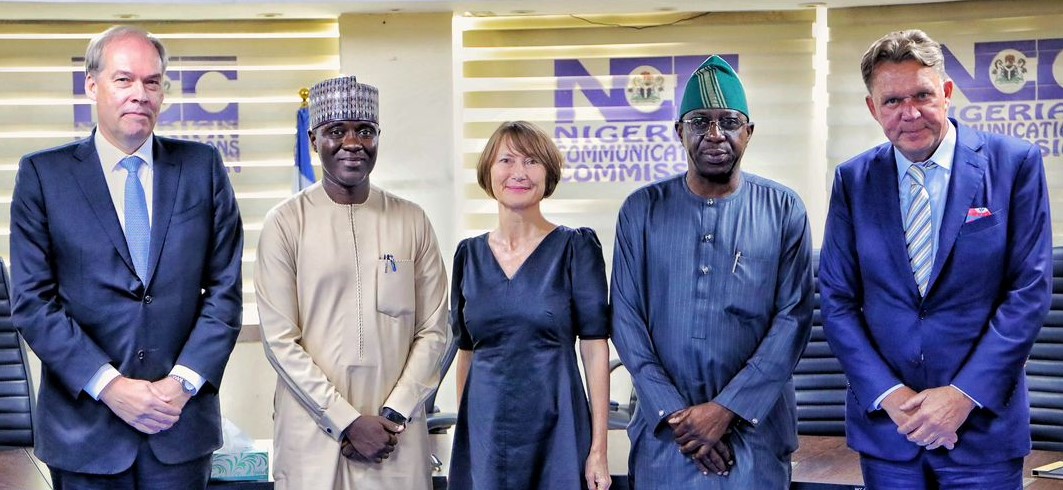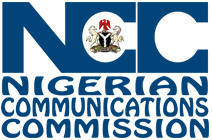Business
Increased vigilance undergirds NCC growing success against book piracy

Can the war against piracy be won any time soon?T his may appear as a tall order, but the recent success of the Nigeria Copy Rights Commission (NCC) under Dr. John Asein is a pointer that there is cause for much optimism.
Two Fridays ago, the NCC conducted journalists round the three containers seized by the Commission in collaboration with the Nigeria Customs Service (NCS) at Onne Port,Area 2, containing about 3,000 cartons of pirated books, estimated over N300m at market value.
Addressing the Press and other stakeholders in the book industry in Port Harcourt, the Director General (DG) of NCC, Dr. John Asein said henceforth the Commission will not hesitate “to seal premises, go after the proceeds of crimes and deal with the suspected materials summarily,” courtesy of the stronger Copyright Statute with stiffer penalties for criminal infringement.
The DG stated that “the Commission will hold anyone found with copies of pirated books accountable and presumed to be complicit in crime of piracy either as primary or secondary suspects.”
He highlighted the renewed commitment to solve piracy in all sectors to complement government’s high level policy intervention to turn around the economy and grow the country’s creative industry.
“With the support of partnering agencies and the cooperation of rights owners, this is a task that must be accomplished. I invite landlords, transporters, warehouse owners, school proprietors,market authorities and the general public to report any suspicious activities in the book chain to the Nigerian Copyright Commission or any of the partnering agencies,” the DG said.
Also speaking, the Area Comptroller of Customs, Onne Port, Babani Imam, who spoke through, CC Epundu, said there is every need for Federal Government Agencies to collaborate, noting that Customs Area 2 Onne has been intercepting drugs, arms and other contraband products and handed them over to the appropriate agency handling such issue. He appealed for the sustenance of the inter-agency partnership.
On his part, the President of Nigerian Publishers Association (NPA), Chief Uche Anoke, who was represented by his Vice and CEO of Africans First Publishers Plc, Austin Onwubiko, lauded NCC for the excellent job they have been doing in combating piracy. He pointed out that the fight no doubt will allow the patent right owners to enjoy the fruit of their labour. He urged NCC to sustain their collaborative activities with other agencies, for optimal results.
He lamented that Publishers struggle to produce books, but pirates would not allow them to reap from their sweat. He called on the Federal Government to liaise with the Chinese Embassy to stop the unholy trade from that country.
Beyond the euphoria of the seizure, Prof. David Fiki of the department of French, Federal University Lokoja, said “the NCC should be commended along with other security agencies for brilliant collaboration. Dr Asein is doing a good job. He stated that in recent years, the pirates have upped their game such that some foreign publishers , especially, those from China, are involved in the illicit trade of piracy. The surprising thing is that unlike before the pirated copies are as good as the original and their prices are much cheaper.”
El-Yakubu Usman Dabai, a Kebbi- based journalist and literary scholar, told Business Hallmark that “the tragedy of this unwholesome piracy is that the end is to kill local publishing by driving them out of the market. Among the pirated books are to be found titles from big names such as General Olusegun Obasanjo, former president of Nigeria, Nobel laureate Wole Soyinka, eminent writer, Chinua Achebe among others.”
He stated that recently, through increased vigilance the Commission has been able to reduce the crime of piracy, adding that though a lot still needs to be done.
Akeem Atoyebi, a bibliophile, told this medium that “unless government redouble its efforts to curb piracy it will be difficult to eradicate the menace, this is because some school proprietors aid and abet piracy by accepting pirated books. They often collude with some pirates, who distribute the books pirated through underground network.”
At popular bus stops in cities, such as Lagos, Abuja, Port Harcourt, Aba and Onitsha, you find heaps of books on the floor. They are in different sizes, colours and qualities. From Holy Bible to motivational books, bestsellers and popular biographies, the collection is varied. Unfortunately, they are mostly pirated copies and photocopied versions.
A closer look at these books shows the pathetic quality of paper, printing and the dull colours on their covers. Unfortunately, they are sold at give-away prices or market prices to unsuspecting buyers. Many times, these cheap versions are sold at one-fifth the market price set by publishers and authors.
These are pirated books, but in the last two years, pirates have widened their network to produce quality books that compete with, if not better than, the copyright.
The Director -General has repeatedly warned of the negative impact of piracy on the economy. He has always stressed that the fight against piracy was not for the commission alone but for everyone, adding that there must be a comprehensive action plan against all forms of piracy and copyright abuses.
“Some of these pirates don’t see anything wrong with this illegal act. To them, piracy is a victim-less crime. A lot of these books are usually school texts. The next are bestselling books from contemporary foreign authors and motivational books, whose authors are unaware of this parallel universe of illegal copies of their writings.
“The agenda of pirates is not to develop but to steal, to kill and destroy. Pirates steal from creative industries; they kill creativity and destroy the national economy,” Asein declared.
Unfortunately, because of the zero duty on books, unscrupulous importers make false declarations either to evade payment of duty or as a decoy to smuggle in prohibited goods.








